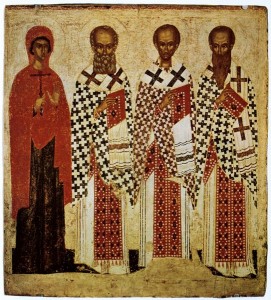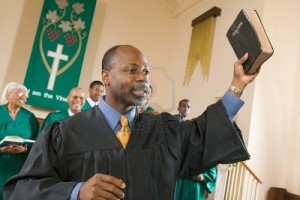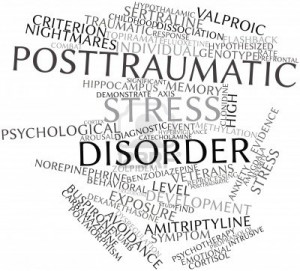There is a story that is coming out of the area of South London where a long time ago I used to work as a clergyman. It concerns a clergyman, originally from Uganda, who was until 2011 the Vicar of the parish next door to where I had been in the 1970s. His alleged misdemeanour is a strange one. It was to officiate at the marriages of people who had no right to be in this country and thus provide them with the right of residency. The numbers of couples involved came to almost 400 over a three year period. The story, as recorded in the newspapers, described couples queuing up to be married, sometimes changing for the service in the church loos and normally having no witnesses or guests.
Having been a clergyman for many years, there is one part of the story I can identify with. There is the moment when by handing a green certificate to a happy couple, you are party to a fundamental change in their life story. Because of something you have helped to set up, you have become part of a life-changing moment in the couples’ lives. You are a bit like a midwife to a new birth.
Obviously the clergyman concerned may have been motivated by money and there was a missing £50,000 sent off to his homeland of Uganda that had not been declared to the diocese. But the crime seems an extraordinary one to commit for money as it is extremely hard to hide evidence of this particular crime. Also as the South London Vicar knew, you cannot conduct bogus weddings without the cooperation of others. So in court with the Vicar is a verger and a PCC secretary. They presumably were complicit with all the fake paper work that had to be sent off the Registrar at the end of every quarter. While filling up registers is not hard, it does take an eye for detail. It is no fun having a query from an eagle-eyed registrar in Basingstoke who spots some discrepancy or actual mistake. I am also puzzled by the fact that the same registrar, that sometimes queried my marriage returns, did not apparently wonder why the numbers of weddings in the parish in South London had shot up from 6 a year to 200. Do registrars not communicate with Archdeacons when something deeply suspicious takes place?
There are various aspects of the story that do not add up and I shall never know the answers. But I want to add my commentary on the story by noting that it may not have been primarily a matter of greed that sent this particular clergyman apparently down the path of illegality and crime. I would suggest that at the heart of the crime, there is also the possibility that it may have all began when the Vicar found for himself enjoying the power of taking marriages. Possibly he learnt to enjoy this exercise of power in people’s lives so much that the whole thing went to his head. Power is something is addictive and insofar as a Vicar exercises real power in acting as a registrar for the state, this enjoyment of power may eventually come to be a motive for crime.
It is hard and probably wrong to speculate about the motives of another person’s actions. But it is, I believe, instructive to think about the way that the love of power is at the heart of most wrong-doing and crime. Gaining money is of course one particular manifestation of human power games but Christian ministry in fact offers multiple ways of enjoying power. One can almost say that for the wrong kind of personality, the ‘vocation’ to ministry might be a calling to the enjoyment of privilege and power. Most enjoyment of power in ministry can be achieved honourably without illegality, but when power is through the naked pursuit of money or sex, the minister at some point will be tripped up. In the case of the Vicar who is alleged to have made money taking illegal weddings, it may have been a case of two sorts of power games colliding in one person. As the chances of getting away with a crime on such a scale are fairly slight, one might claim to see an addictive, almost self-destructive aspect to the Vicar’s actions. Whether the Vicar was addicted to power of money or the power of having control and influence over people’s lives, there was a kind of recklessness about his behaviour which suggests he was strongly driven in a self-destructive way. But there is an important difference between the moment of satisfaction in handing over a certificate to a happy couple to the desperate murky manipulation of the system which is alleged in this case. One was, hopefully, a legitimate satisfaction as part of the role, the other a grubby grabbing attempt to bolster up deep inadequacies. But once again we enter the realm of speculation and hypothesis.
Every church leader is given the responsibility of exercise of power. Some do it honourably and well while others find themselves propping up character weaknesses by using the same power in a self-directed way. When power is used badly by those in charge in any institution, then someone gets hurt. Abuse of individuals in the church is always through the abuse of power. That is why we keep coming to this subject and reflecting on its manifestations from one of its many angles.






